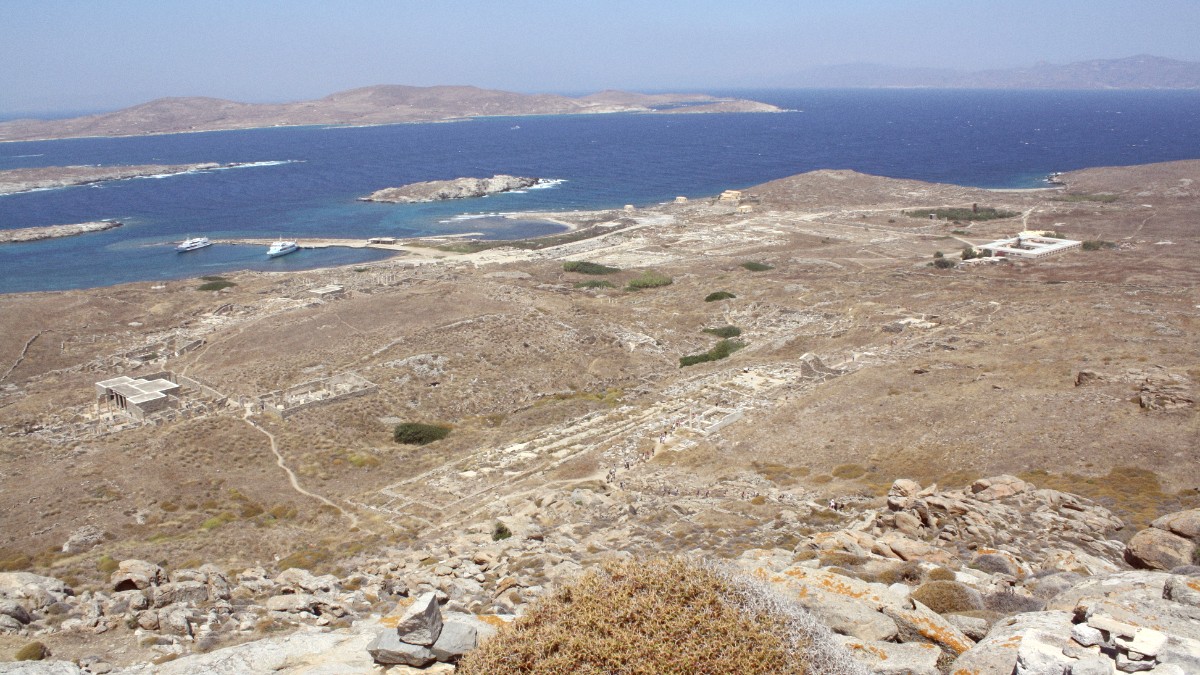
Greece
Delos is a protected archaeological and UNESCO World Heritage Site. Strict rules regarding conservation, waste, and interaction apply. The waters around Delos and Rhenia are also part of a protected marine zone.
On Delos, waste bins are very limited; visitors are expected to take all trash with them. On Mykonos, waste management faces challenges due to high tourist numbers. Recycling bins are present but not widespread. Reduce plastic use with reusable items.
Water is a precious resource on the dry Cycladic islands. Mykonos relies on desalination plants and imported water. Be mindful of your water usage by taking shorter showers and reusing towels. Every drop counts.
Your travel choices can directly support local communities and promote ethical practices.
Support businesses committed to sustainability.
Delos’s UNESCO World Heritage status ensures ongoing preservation efforts. Funding for archaeological work and conservation is often challenging. Respect the strict rules of the site: do not touch, climb on, or remove any artifacts. Stay on marked paths to prevent damage to fragile ruins.
Learn More (UNESCO)Be polite and patient in your interactions. Learning a few basic Greek phrases is always a positive gesture. Dress modestly when visiting active religious sites on Mykonos, covering shoulders and knees. Ask for permission before taking close-up photos of people, notably locals. Respect privacy. Do not use flash inside the Delos Museum, as it can damage artifacts.
Support the delicate balance of tourism and preservation by adhering to guidelines and supporting local, sustainable initiatives.
Your travel choices can directly support local communities and promote ethical practices.
Support the local economy directly through your choices.
Make conscious purchasing decisions.
Direct financial contributions to the local economy.
Be aware of potential negative impacts and make responsible choices.
Direct your generosity where it can make a real positive impact.
If you wish to donate, consider reputable local charities or organizations involved in cultural preservation, like "Friends of Delos," which supports the archaeological site.
Avoid giving directly to beggars, as this may perpetuate begging rings. It's more effective to support established organizations.
Research and choose organizations that have a proven record of positive impact in the community or for conservation efforts.
Responsible tourism helps preserve the beauty and culture of Delos and Mykonos for future generations.